Learn Chinese Idiom with Pinyin and English
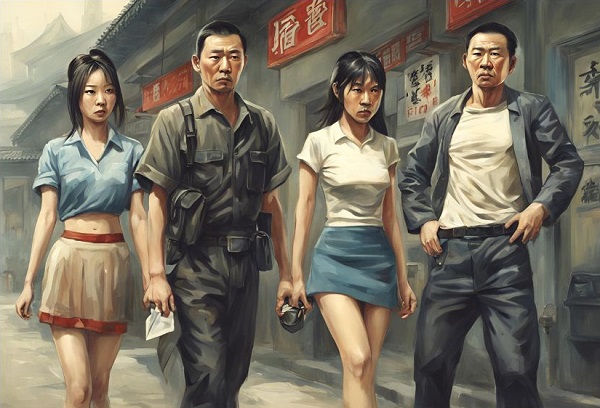
- Idiom in Chinese-男盗女娼。
- Pinyin of Idiom– nán dào nǚ chāng.
- Idiom’s Meaning in English– The men are robbers and the women are harlots. Men stealing and women prostitution; a descriptive phrase for those who engage in immoral activities.
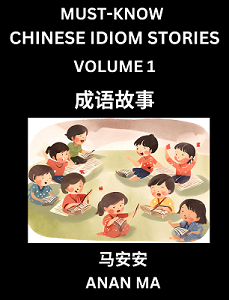
Chinese Idiom Stories Books (HSK All Levels):
- Books to Learn Chinese Idiom Stories (Part 1)
- Books to Learn Chinese Idiom Stories (Part 2)
- Books to Learn Chinese Idiom Stories (Part 3)
Learn Chinese Idiom Story in English (成语故事的英文)
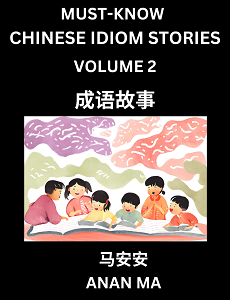
While there is no specific historical story behind the idiom “nán dào nǚ chāng,” its meaning can be understood from its literal translation. In ancient China, a male who stole was considered to be unethical and lazy, while a female who worked as a prostitute was seen as morally degraded and contrary to feminine virtues. Therefore, the phrase “nán dào nǚ chāng” is used to describe those who engage in immoral or unethical activities, such as stealing or prostitution, regardless of their gender.
Learn Idiom Story in Chinese (成语故事)
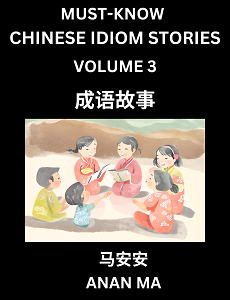
这个成语并没有一个固定的历史故事作为起源,但可以从字面意义上理解其含义。在古代中国,男性若行盗窃之事,被视为不劳而获、品行不端;而女性若从事娼妓行业,则被认为是道德沦丧、违背妇德。因此,“男盗女娼”用来形容那些违背道德伦理,从事不正当职业或行为的人。
Learn Keywords with English, Simplified Chinese Characters, and Pinyin (关键词)
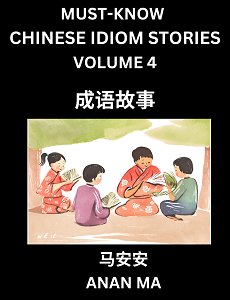
- 男盗 (nán dào): male thief; men stealing
- 女娼 (nǚ chāng): female prostitute; women prostitution
Pinyin of Idiom Story (故事的拼音)
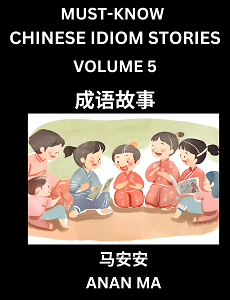
Zhège chéngyǔ bìng méiyǒu yīgè gùdìng de lìshǐ gùshì zuòwéi qǐyuán, dàn kěyǐ cóng zìmiàn yìyì shàng lǐjiě qí hányì. Zài gǔdài zhōngguó, nánxìng ruò xíng dàoqiè zhī shì, bèi shì wéi bùláo’érhuò, pǐnxíng bù duān; ér nǚxìng ruò cóngshì chāngjì hángyè, zé bèi rènwéi shì dàodé lúnsàng, wéibèi fù dé. Yīncǐ,“nándàonǚchāng” yòng lái xíngróng nàxiē wéibèi dàodé lúnlǐ, cóngshì bù zhèngdàng zhíyè huò xíngwéi de rén.




